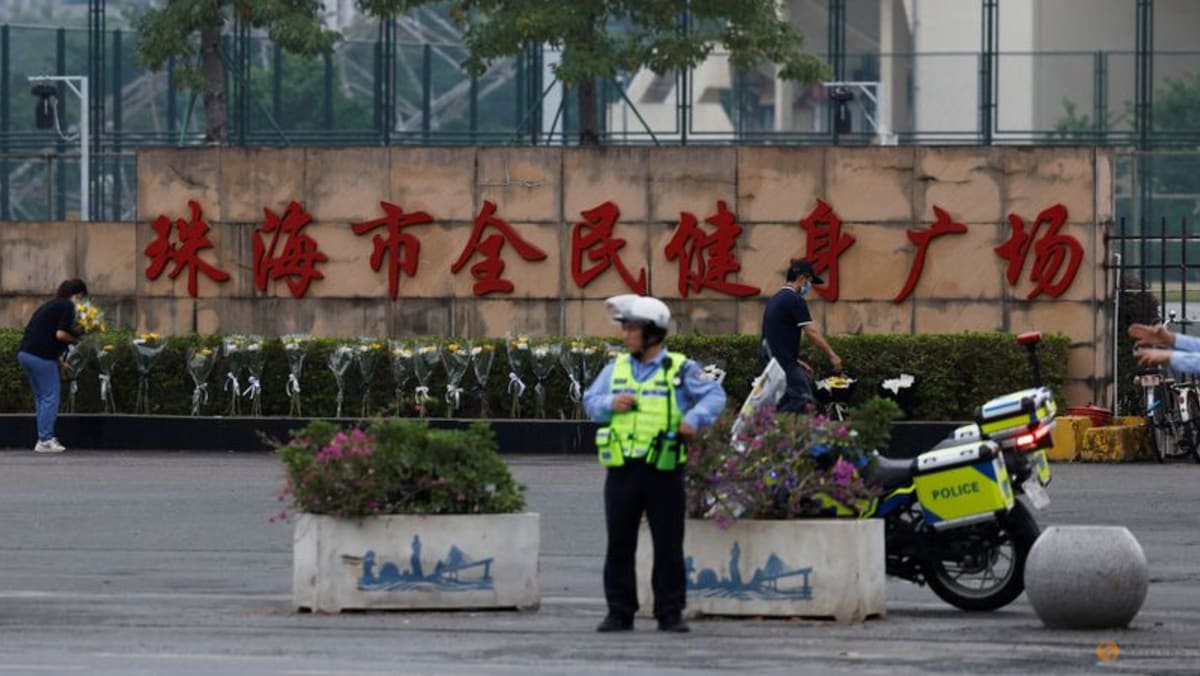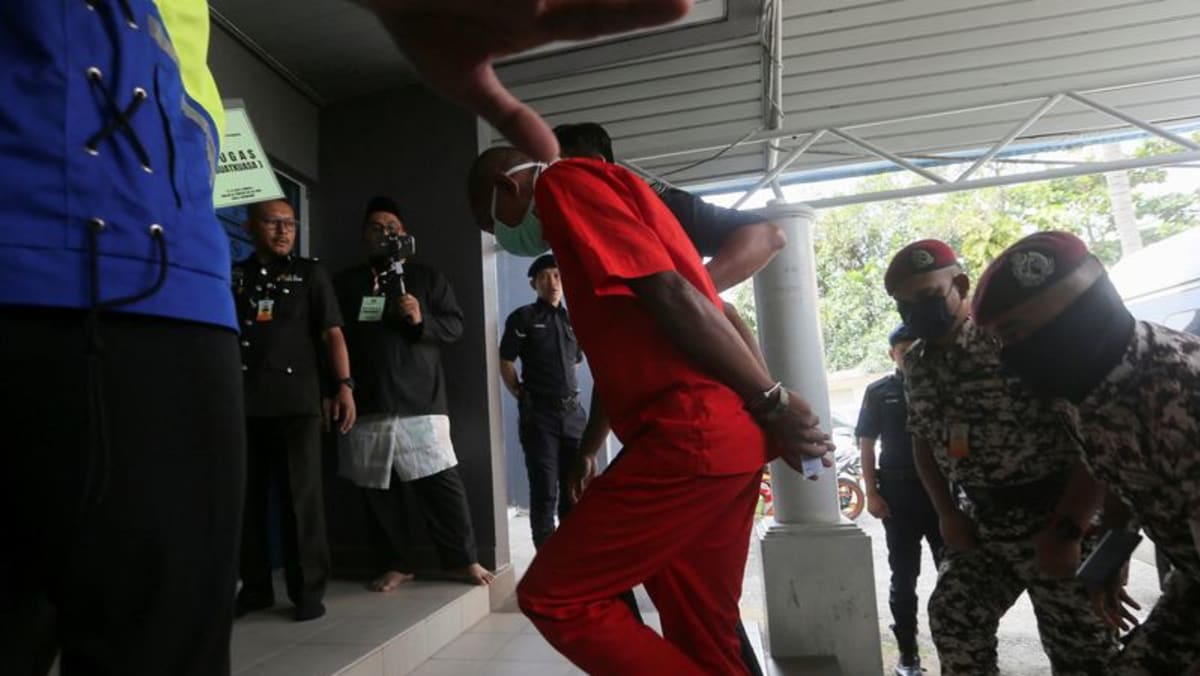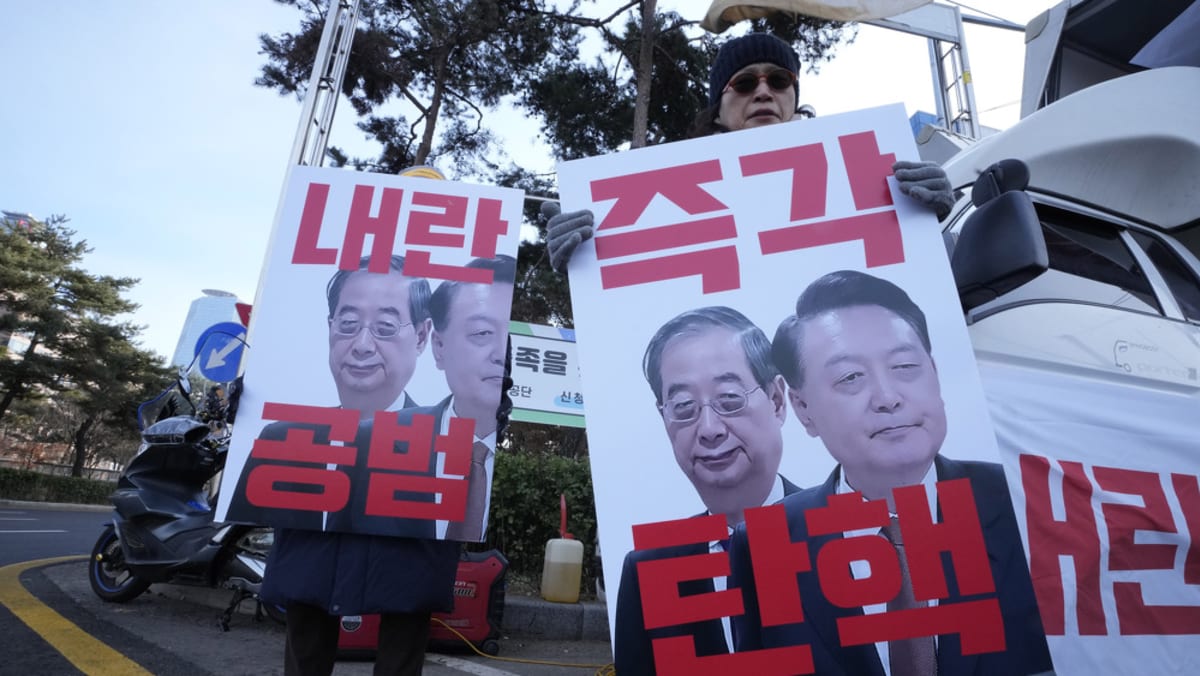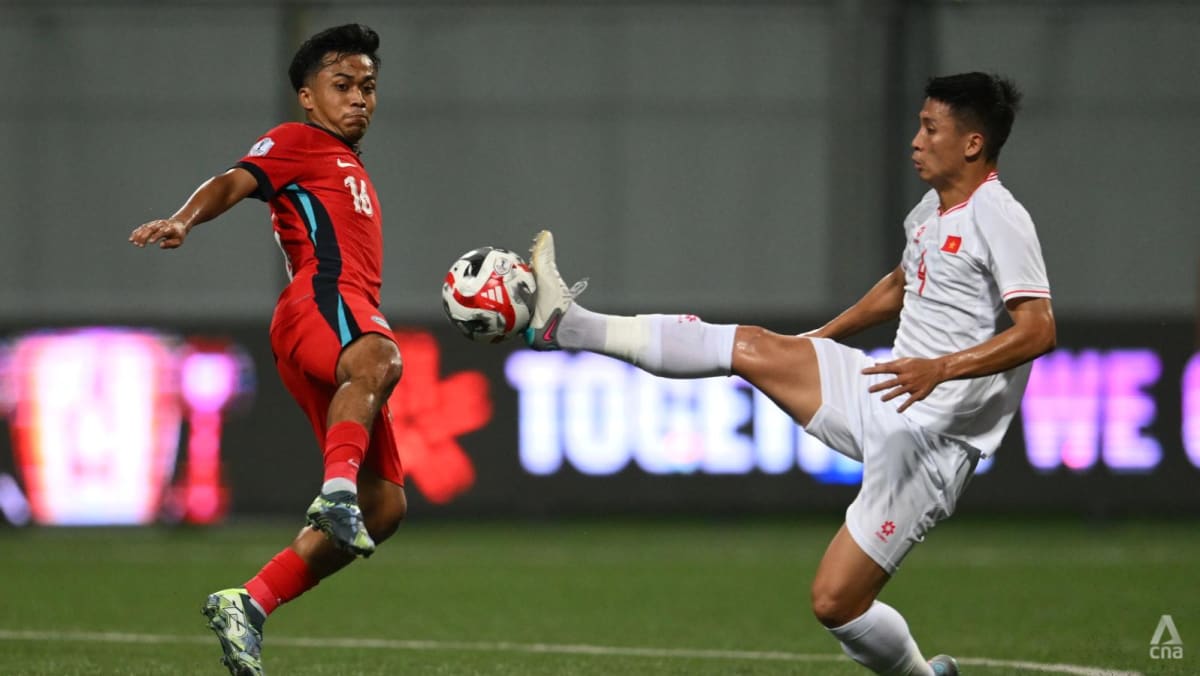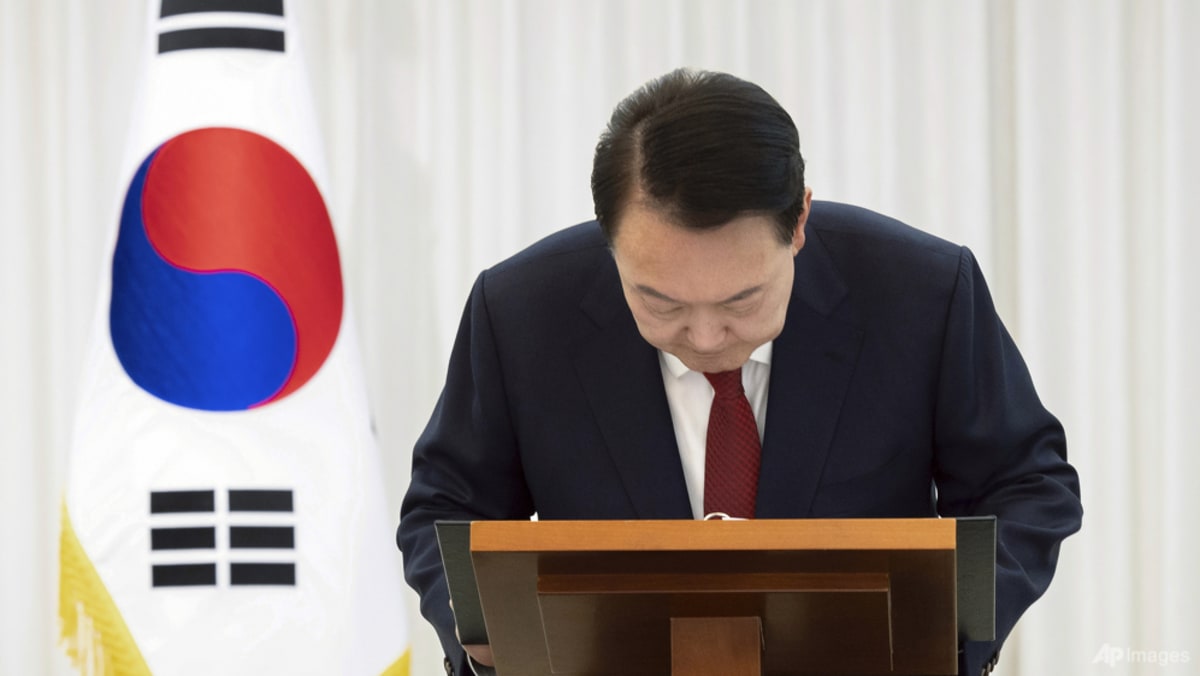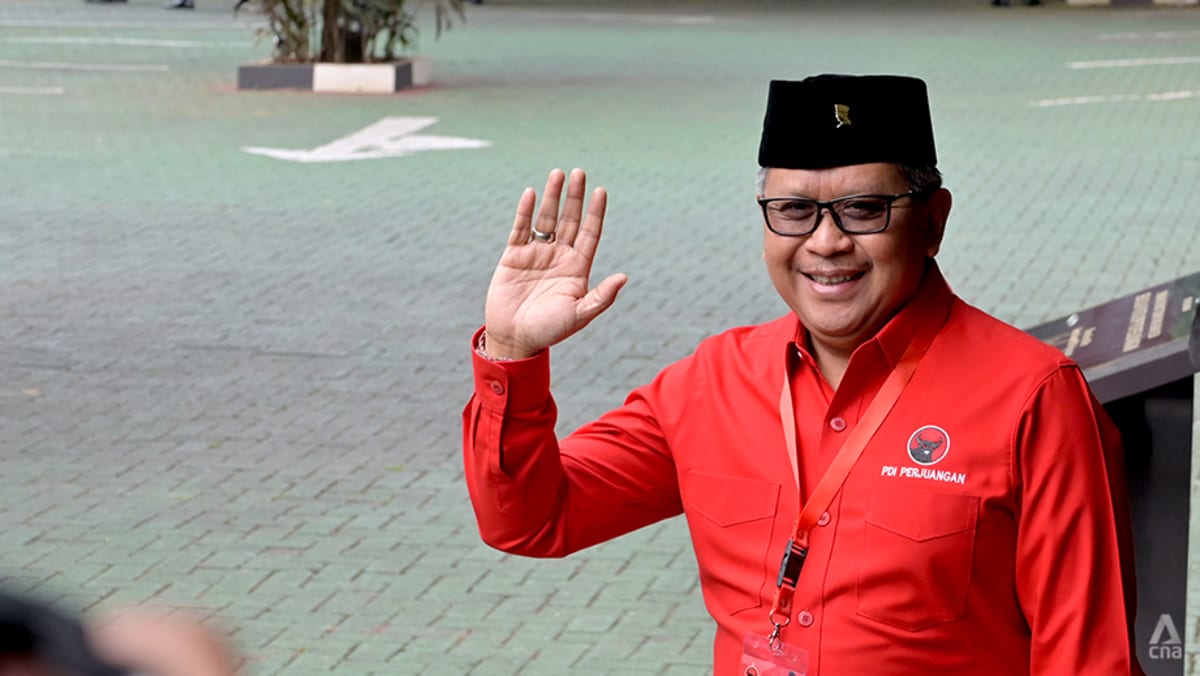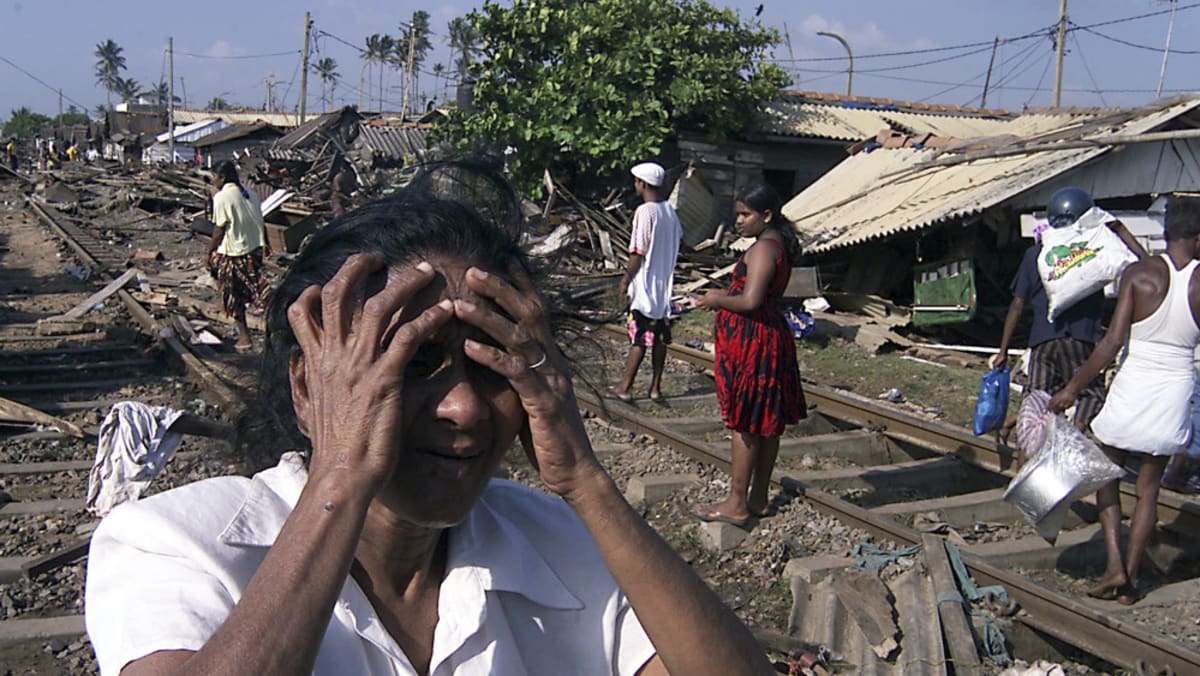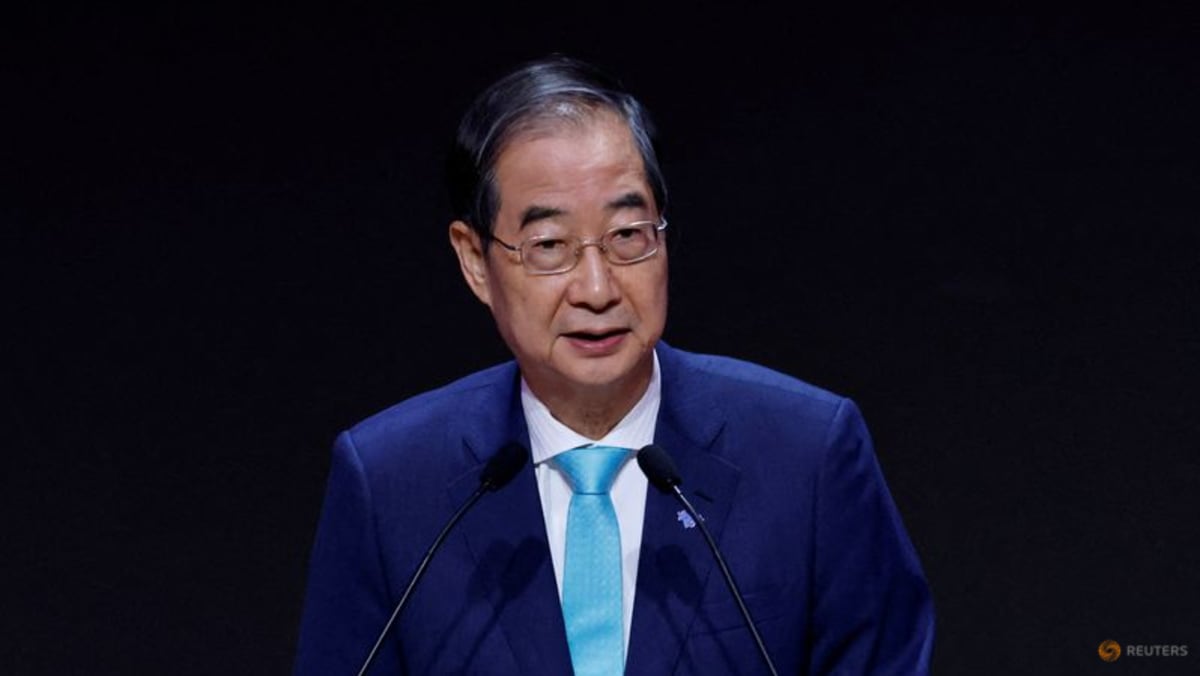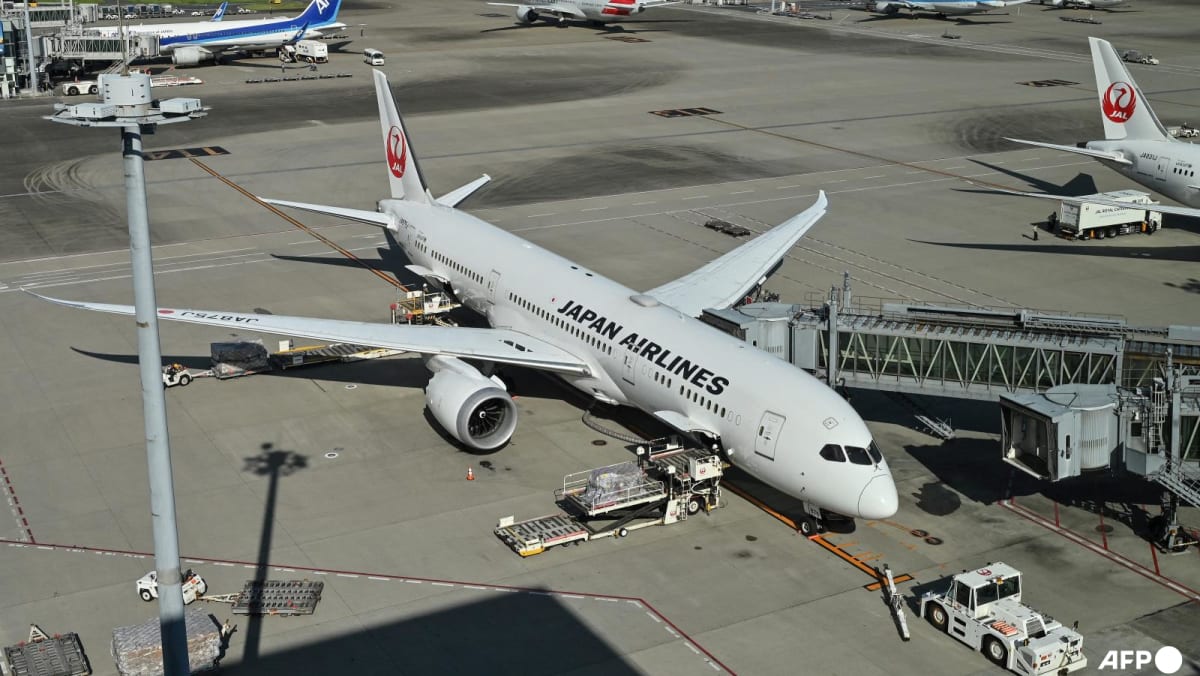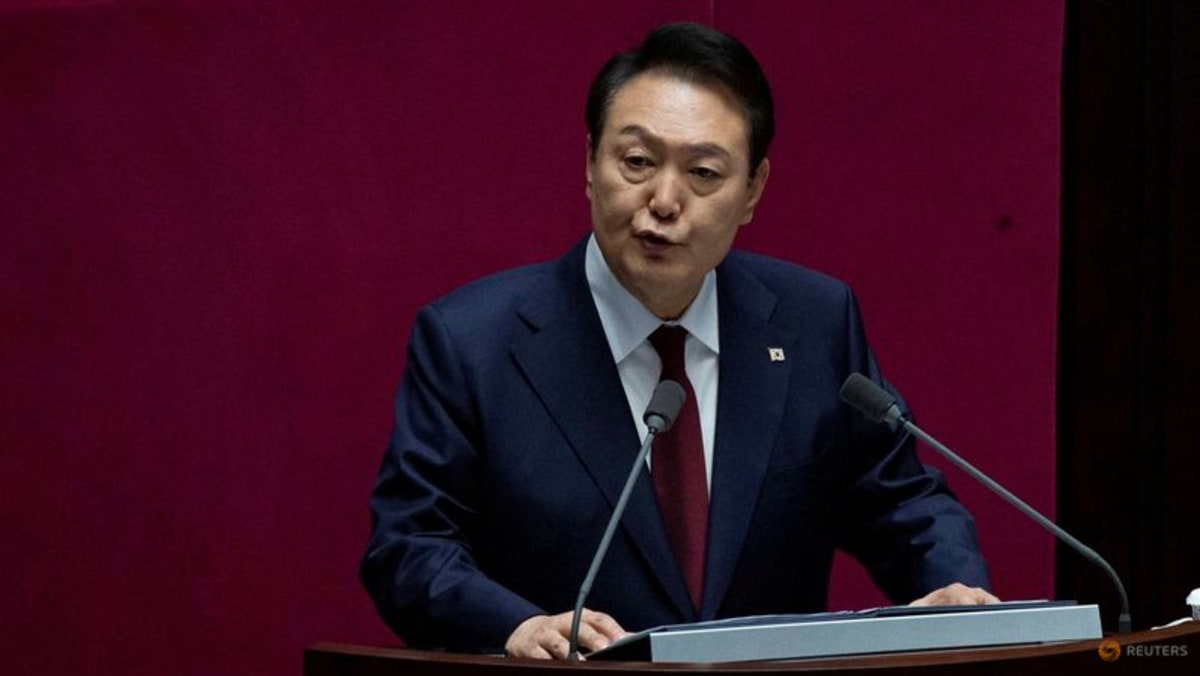Commentary: Corruption or clean-up? The puzzle of China’s purges in its elite nuclear force
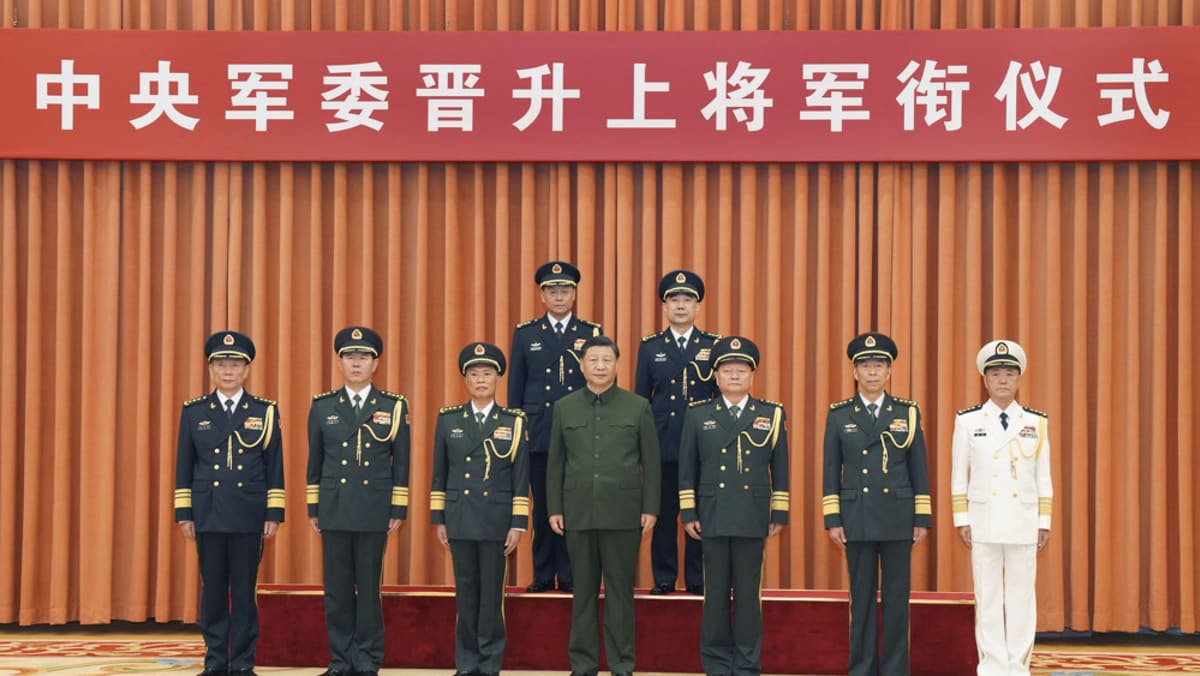
LATEST PURGES WILL NOT HAMPER THE ROCKET FORCE’S DEVELOPMENT
Given that Mr Xi had presided over the formation of the PLA Rocket Force and Strategic Support Force, the wisdom of his earlier personnel appointments has inevitably come under the spotlight.
The latest decision to parachute in General Wang, a naval officer, to take charge of the country’s strategic missile forces is unprecedented in the Rocket Force’s recent history and has likewise met with derision. Indeed, previous commanders were promoted from within the service.
As it is, the redeployment of officers across the different service branches has been a recurring theme in the PLA.
Famously, the father of the modern Chinese navy, Admiral Liu Huaqing, had in fact been an army officer for much of his career. More recently, the retired commander of the People’s Armed Police, Wang Ning, neither had any prior experience in the paramilitary outfit before his appointment.
To be sure, had generals from the ground forces instead been appointed to lead the Rocket Force, some critics would have seized on that as a sign of the PLA remaining stuck with its traditional “Big Army’ mentality.
It is likely that Wang Houbin and Xu Xisheng do in fact have some familiarity with Rocket Force operations. Since Mr Xi’s major shake-up of the military, Rocket Force assets have become more integrated under the revamped joint Theatre Command system to enable joint operations with their army, navy, and air force counterparts in each respective Theatre Command.
As the biggest winner among the conventional services amid the reforms – both in terms of retaining its control over its operations bases and missile brigades and seeing their numbers expand – the determination shown by Beijing to boost the effectiveness and lethality of the Rocket Force is obvious.
As the trump card in the PLA’s arsenal, the ongoing purges in the Rocket Force are more a symptom of the party army’s internal clean-up, rather than a sign of China’s incumbent leader losing his grip on the military.
James Char is a Research Fellow with the China Programme at the S Rajaratnam School of International Studies (RSIS), Nanyang Technological University (NTU), Singapore.
Source: CNA


